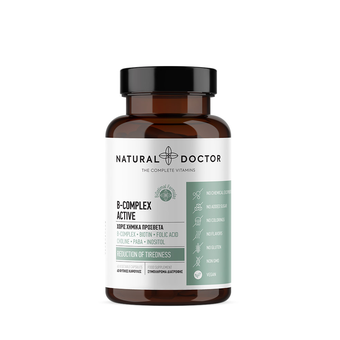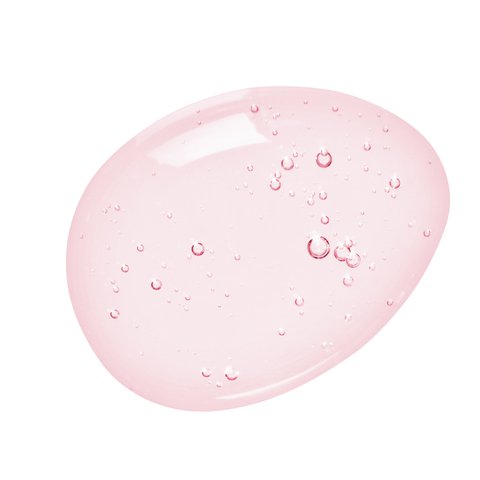Folate or Folic Acid?

Folate VS Folic Acid
Folate and folic acid are similar, but folic acid is the biologically active form of vitamin B9, while folic acid is its synthetic form. Moreover they do not have the same degree of absorption. The body relies on vitamin B9 for a multitude of vital body processes, such as DNA production and cell division.
Folic acid is the synthetic form of vitamin B9. Typically, folic acid, is widely found in multivitamins and B-complex supplements because of its low price.
Benefits of vitamin B9
The body uses vitamin B9 in several ways, it is involved in the production of DNA, protein and neurotransmitters. It also helps with cell function and red blood cell formation, while playing an important role in brain health and psychological function. According to a recent meta-analysis, consuming enough vitamin B9 may help protect against age-related cognitive impairment.
Also, low levels of folate may increase the risk for cognitive impairment. Because folate plays a role in the production of neurotransmitters, low levels of folate increase the risk for disorders of the nervous system and psychological function.
Methylfolate, the optimal form
About 1 in 3 people have the MTHFR gene mutation, which means they cannot properly absorb vitamin B9 and convert it to its active, ready-to-absorb form. According to newer research, direct supplementation with the naturally active form of folate as methylfolate is better absorbed and used directly by the body.
Methylfolate, or 5-MTHF, is the main form of folate found in the blood. In addition, it is the active form of folic acid, which means that it is immediately ready to be used in the body.
B-Complex Active
Natural Doctor's nutritional supplement, B-Complex Active contains 100 mcg of folic acid as calcium L-methylfolate for easy and immediate absorption as well as all B complex vitamins in their active form.



